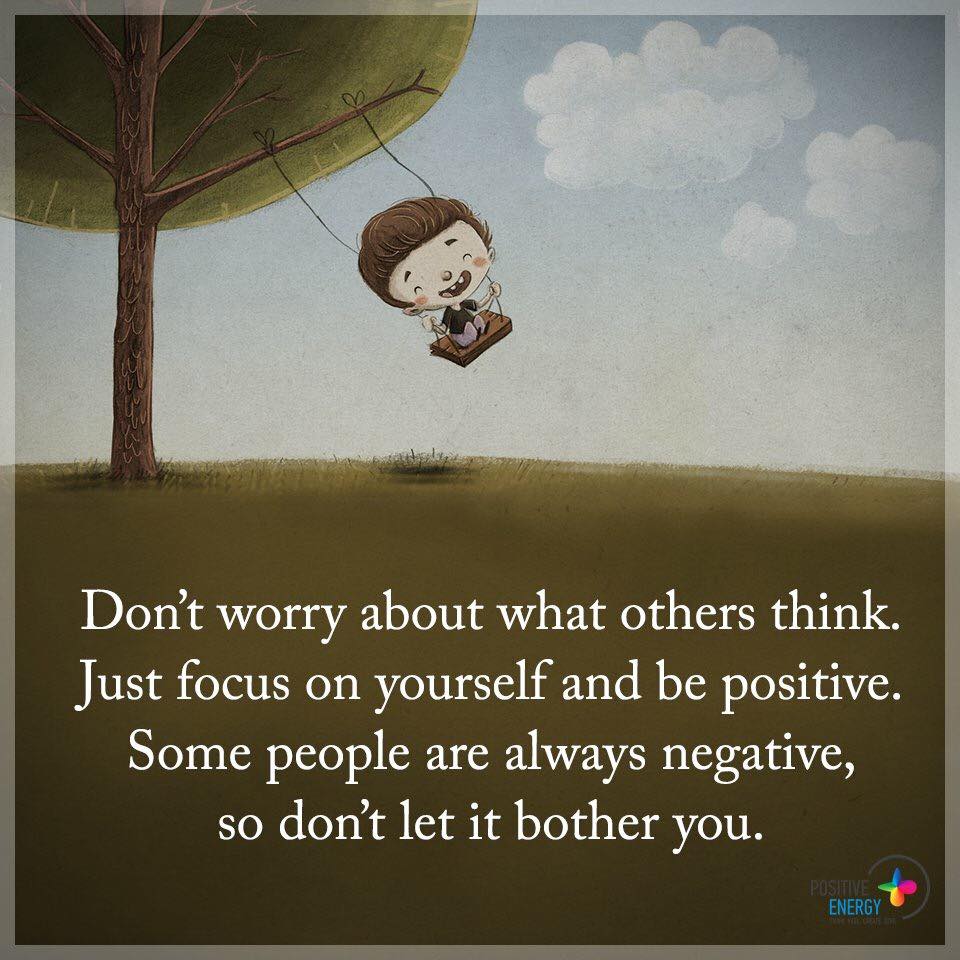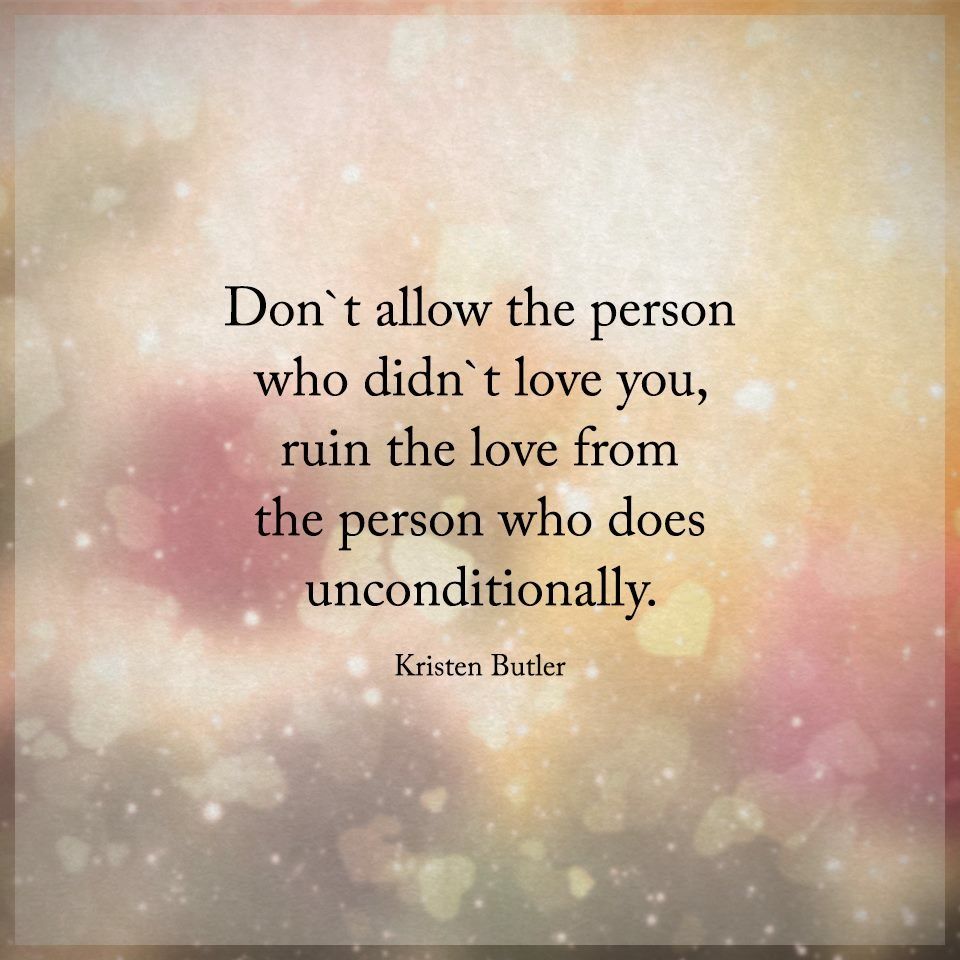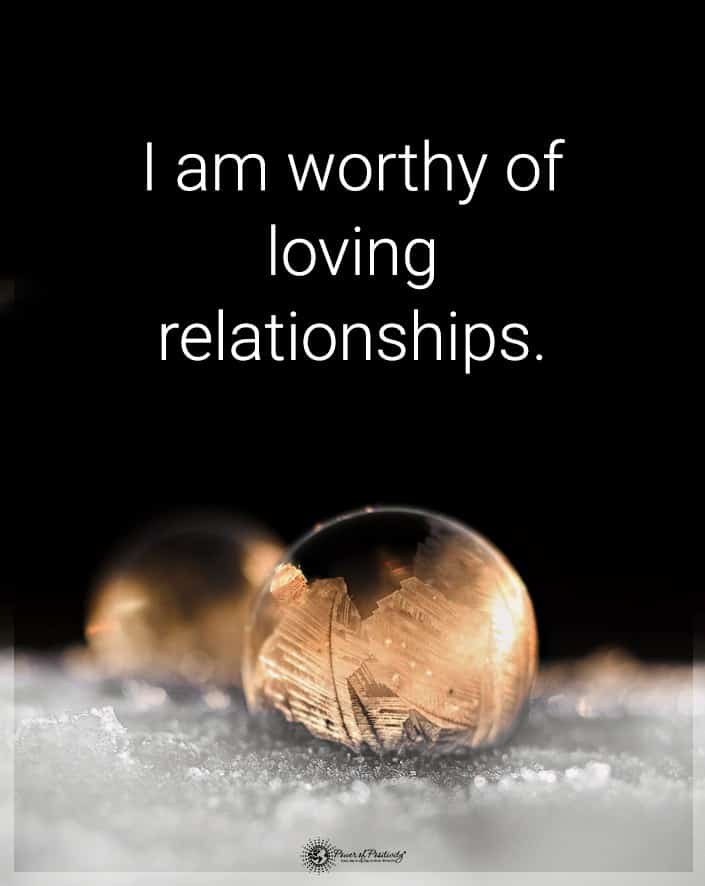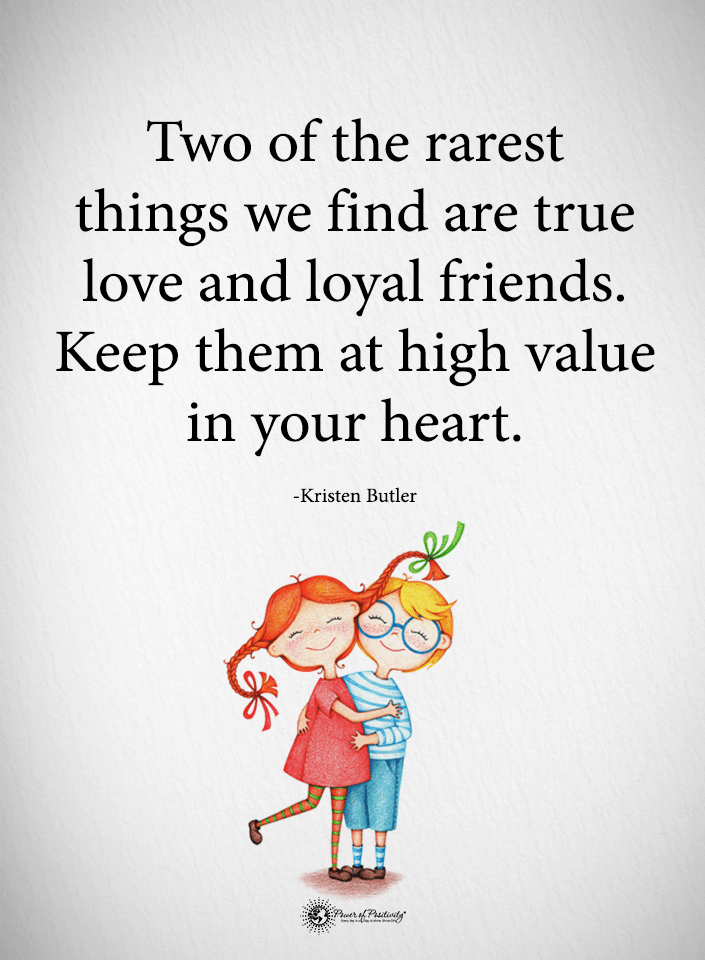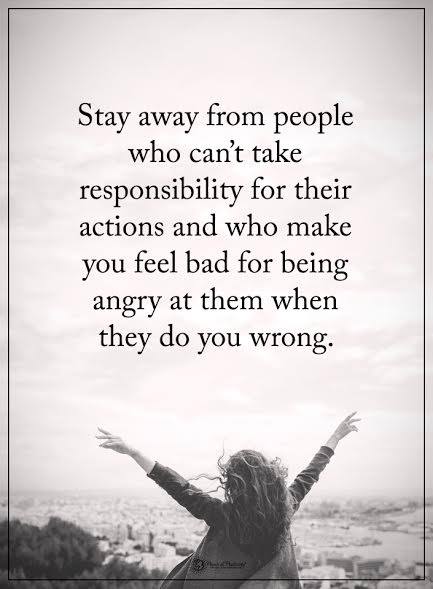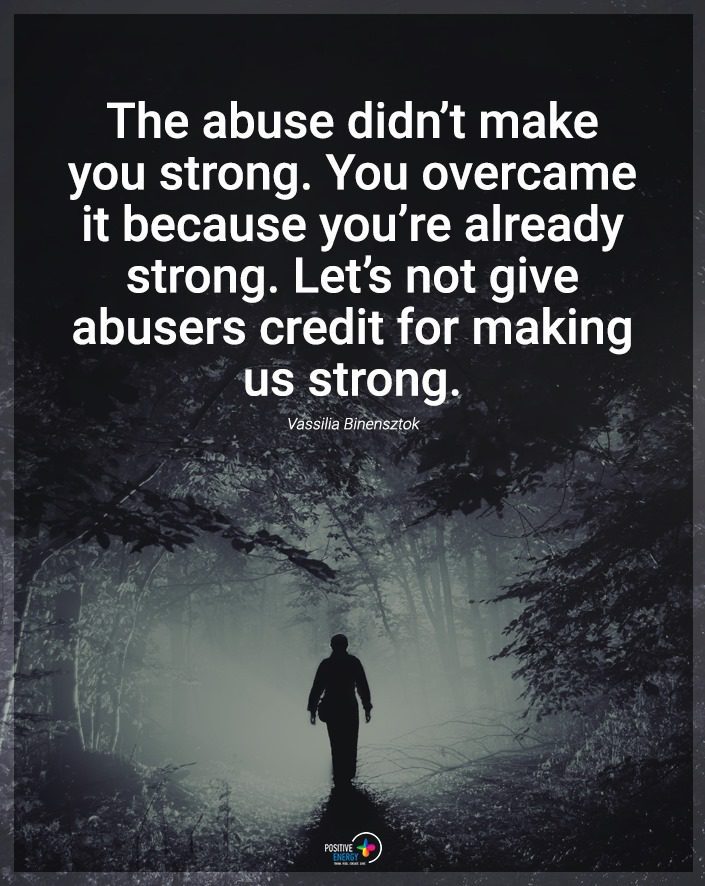“Life is hard enough, you don’t have to embellish the drama!” – Marianne Williamson
When you take a walk down a busy street some time – stop and look around you. Observe. What do you see around you? Zooming cars? Rushed pedestrians?
What about their faces? Do they look anxious? Hurried?
That’s life. Not only some large metropolis, but life in general. We live in a world where people “ought to stay busy” even if they don’t know why.
When we try to regain some semblance of control, we are too often (and too unnecessarily) filled with overwhelm. When it comes to life’s problems, we too often have a panoramic view at a time when we need to zoom in.
Modern society has regrettably “claimed” many lives by making it all seem too complicated. Unfortunately, too few of us make an attempt to simplify things. Instead, most of us add to the complexities of life by not prioritizing or making poor decisions (or decisions others think we “should” make.)
So, we push ourselves to the point of exhaustion; trying in vain to “keep up.”
This approach fails because there is nothing to “keep up” with – or there wouldn’t be if we became a bit more aware. We must also become more focused, as opposed to allowing the brain to remain on autopilot.
Life is hard enough!
There is a famous Turkish Proverb that goes, “One arrow does not bring down two birds.” We must acknowledge the complexities of our life before we can shoot the proverbial arrow.
In this article, we talk about ten signs that your life may be too complicated.
Let’s go!
10 Signs Your Life Is Too Complicated
1. You make plenty of excuses
“There are only two options: Make progress or make excuses.”
While this quote may sound a bit harsh, it’s nonetheless applicable to many (all?) of us. Excuses, while convenient, do absolutely nothing for solving a problem. Worse, chronic excuse-making wastes energy we could allocate to solving the problem.
2. You’re procrastinating more
Contrary to popular belief, many of us don’t procrastinate out of laziness. We procrastinate out of a sense of overwhelm. We feel as if we can never catch up, no matter how hard we may try.
Procrastination has two solutions: (1) Take the first step. Hate the thought of going to the gym? Start by putting on your gym clothes, then your shoes, and so on; (2) Write everything down. Everything that needs to be done – and get to work, focusing on one thing at a time.
3. You’re “writing checks your body can’t cash”
In other words, we’re saying “yes” when we should be saying “no.” We all have limits – of time, energy, and patience – and there isn’t any shame in saying no. In fact, this action is often necessary.
It’s enticing to make someone else happy by agreeing to a favor, but we must ask ourselves if we’re up to the challenge. Can we “write that check?”
4. You’re permitting too many distractions
There is no simpler way to put this: distractions breed complexity. Distractions are frustrating, energy-sapping, and time-consuming.
Whether it’s an unnecessary distraction from a colleague, or our inability to pry away from our smartphone, we must nip distractions in the bud if we’re ever going to simplify things.
5. You’re becoming a worrywart
Chronic worrying often breeds from an overcomplicated life. Worrying is a fruitless activity capable of inflicting mental and physical problems.
Remember this quote when you’re being a worrywart: “Worrying is like a rocking chair, it gives you something to do but never gets you anywhere.”
Get out of the chair.
6. Your attention is scattered more than usual
“Scatterbrain” isn’t all that uncommon of a “condition.” Our brain hates boredom and craves novelty; which is the exact reason why we should train our attention.
Inattention breeds mistakes; mistakes produce stress, and stress makes accomplishing anything difficult.
Forget everything else – and focus on one thing at a time.
7. You’re complaining too much
When our lives get too complex, we get stressed out. Too often, we “release” this stress by complaining to anyone willing (or unwilling) to listen.
Practice some introspection and be honest with yourself. What are you complaining about? Do your complaints have any merit? If so, what are you doing to address the problem(s)?
8. You’re becoming a brooder
Quite simply, we’ve allowed the weight carried on our backs to trespass into our psyche. We feel a deep sense of unhappiness and want to spend more time alone. (Not to be mistaken with clinical depression.)
The only way out of this mental trap is to reduce this weight by doing what’s needed gradually.
9. You’re not nurturing relationships
When life is hard, we should at least be able to lean on those who love us. But when our mind is so busy trying to untangle life’s knots, we may pay attention to little else. Deliberately or not, some of us fail to prioritize our relationships during this time.
Should you risk falling into this trap, remember two simple words: be present.

10. You’re not putting your health first
Granted, not everyone ignoring their health is having a complication crisis. That said, when life gets complicated, some of us are inclined to engage in self-neglect.
Make it a point to get a minimum of 15 minutes of exercise per day. These 15 minutes may be a brisk walk, bike ride, or some other simple activity.
With a healthy mind and body, we’re better able to deal with problems as they come along. In doing so, we may just avoid some of life’s complications.
https://youtu.be/yx8zztHlS7M


